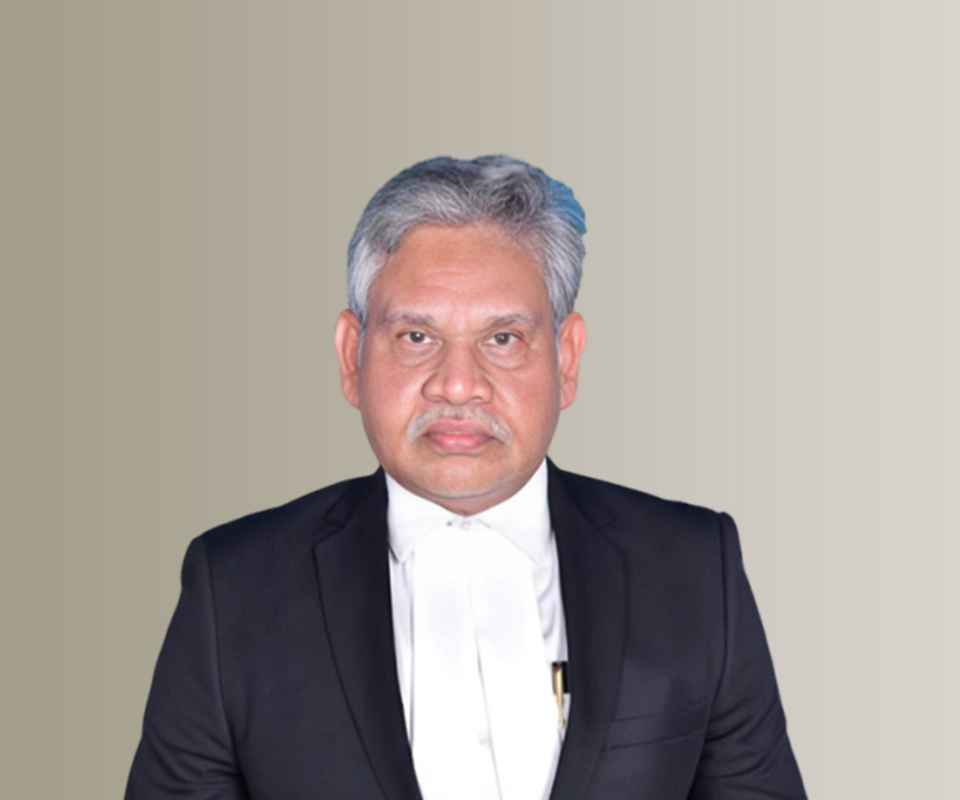Answer By law4u team
A death certificate is an official document issued by a recognized authority (such as a doctor, coroner, or hospital) that certifies the cause, time, and date of death. It plays a critical role in legal and administrative procedures, including settling estates, claiming life insurance, and even burying the deceased. Falsifying a death certificate—whether it involves fabricating the cause of death, fabricating the date of death, or issuing a certificate for someone who is not deceased—is a form of fraud. This is considered a serious offense, with both legal and professional consequences.
Are False Death Certificates Considered Fraud?
Yes, false death certificates are considered fraud. The intentional act of falsifying information on a death certificate is a criminal offense and is treated as a form of fraud. This can involve misrepresentation of the cause of death, the identity of the deceased person, or the date of death, and such actions have serious legal consequences.
Types of Fraud Involving Death Certificates:
Falsifying the Cause of Death:
A death certificate may be falsified by intentionally altering or misrepresenting the cause of death. For example, listing a natural cause when the person died due to a crime or overdose.
Example: A doctor falsely declares a person’s death as due to natural causes to avoid suspicion or legal consequences for a medical malpractice incident.
Creating False Death Certificates for Living Individuals:
In some cases, a false death certificate may be issued for someone who is still alive. This could be done for various fraudulent reasons, such as to gain access to the person’s assets, claim life insurance, or avoid debt.
Example: A criminal forging a death certificate to gain control over the deceased person’s estate or financial assets.
Falsifying the Date or Time of Death:
The date or time of death may be altered on a death certificate for fraudulent purposes, such as attempting to delay the registration of a death or to create an alibi for someone involved in suspicious circumstances.
Example: Falsifying the time of death to cover up a murder or other criminal activities.
Incorrect Personal Information:
A false death certificate might also involve altering or providing incorrect personal information about the deceased individual, such as their name or identity, to cover up a crime or to claim benefits.
Example: A person using the identity of a deceased individual for fraudulent purposes, such as obtaining government benefits or opening bank accounts.
Legal and Criminal Implications of False Death Certificates:
Criminal Charges:
Forgery: Falsifying a death certificate is considered forgery, which is a criminal offense under the Indian Penal Code (IPC) or similar laws in other countries. The act of creating, signing, or altering a death certificate without authorization is punishable by fines, imprisonment, or both.
Fraud: The creation of a false death certificate with the intent to deceive or defraud individuals, businesses, or government agencies constitutes fraud. This can lead to charges of criminal fraud, punishable by imprisonment and fines.
Perjury: If a person knowingly provides false information on a death certificate under oath, it may also be considered perjury, which is a criminal offense.
Imprisonment and Fines:
Depending on the severity of the falsification and its consequences, those involved in creating or using a false death certificate can face criminal charges with penalties such as imprisonment (ranging from months to years) and monetary fines.
Example: Falsifying a death certificate to claim life insurance benefits may lead to up to 7 years of imprisonment and substantial fines, especially if it involves large sums of money.
Loss of Professional License:
For healthcare professionals, such as doctors or medical examiners, involved in the creation of false death certificates, the consequences may include the revocation of their medical license or other professional certifications. This is due to the violation of professional ethics and criminal misconduct.
Example: A doctor caught issuing fake death certificates for a fee may be stripped of their medical license and barred from practicing medicine.
Civil Lawsuits:
In addition to criminal penalties, individuals or entities that have been harmed by the issuance of a false death certificate (such as family members, insurers, or financial institutions) can file civil lawsuits to recover damages. This could include compensation for financial losses, emotional distress, and any other harm caused by the fraud.
Example: The family of a person who was falsely declared dead might file a lawsuit against the person who created the false death certificate to recover financial damages, such as loss of inheritance or emotional distress.
Impact on Public Records and Legal Processes:
Falsifying a death certificate disrupts public records and can lead to significant legal consequences, such as wrongful inheritance claims, issues with probate proceedings, and complications in settling estates or distributing benefits.
Example: A false death certificate can prevent family members from receiving life insurance payouts or make it difficult to settle the estate of the deceased individual.
Legal Example:
Consider a scenario where a person forges a death certificate to gain access to an estate worth millions of dollars. The fraud is detected when a family member investigates the death and discovers that the person is still alive. The individual responsible for the forgery faces multiple charges, including forgery, fraud, and criminal conspiracy. They may be sentenced to several years in prison and ordered to pay restitution to the victims. Additionally, the healthcare provider or official who issued the false certificate could face professional sanctions, including the revocation of their license.
How False Death Certificates Are Detected:
Verification by Authorities:
Local government agencies, funeral homes, insurance companies, and even family members may verify the authenticity of death certificates through background checks and matching records.
Forensic Examination:
In some cases, a forensic investigation might be conducted, especially when there are suspicious circumstances surrounding the death. This could include autopsies or interviews with medical professionals who signed the certificate.
Audit by Insurance Companies:
Insurance companies regularly conduct audits to verify claims, and they may detect false death certificates when investigating suspicious claims, particularly when the cause of death is inconsistent with the policyholder's medical history.
Conclusion:
Yes, false death certificates are considered fraud and carry serious legal and professional consequences. Creating or using a false death certificate to deceive others, gain financial benefits, or cover up a crime is a criminal offense, punishable by imprisonment, fines, professional sanctions, and civil lawsuits. The consequences depend on the severity of the fraud and the harm caused to the affected parties. Ensuring the integrity of death certificates is crucial for maintaining trust in legal and financial systems, and those involved in fraudulent activities face severe penalties.







